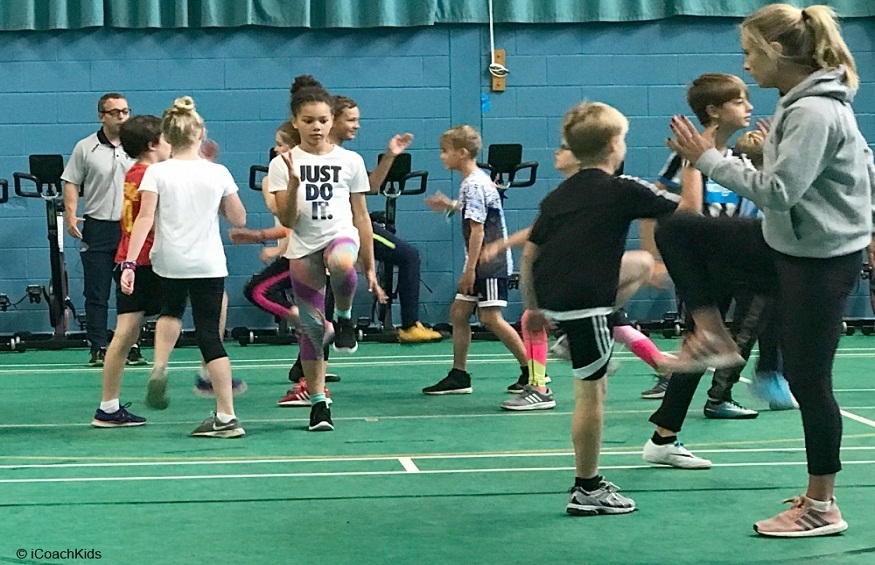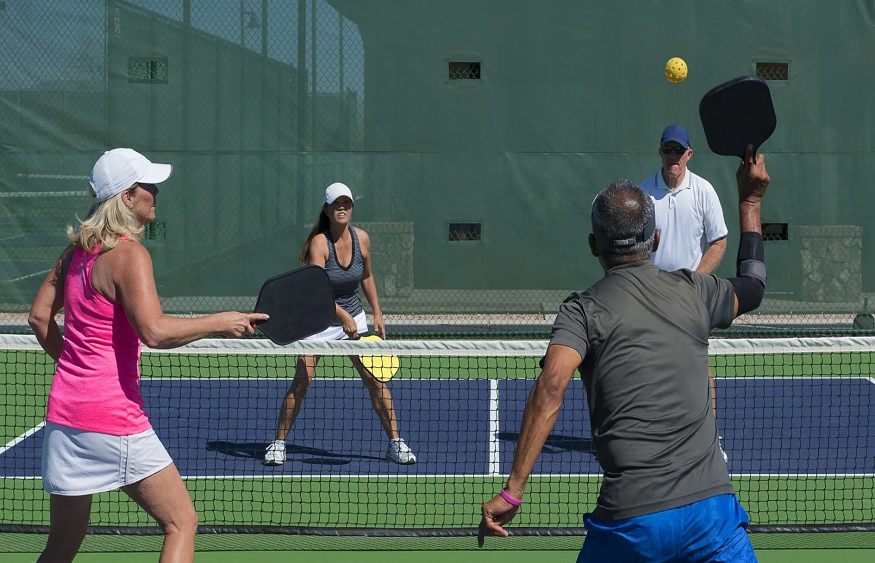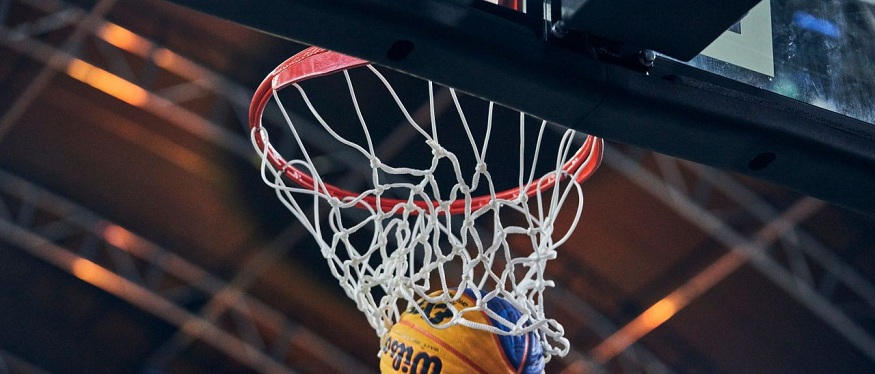
No matter the sports they specialize in, consistent and rigorous training is an extremely important part of the lives of all elite athletes. Menos Hiras mentions that proper training plays a vital role in enabling athletes to gradually build up strength and endurance, boost their motivation and confidence, as well as improve their overall skills. Only with training can an athlete gain more knowledge of their sport, and learn the importance of having a healthy mind and body. In certain scenarios, regular training can even help in speeding up the recovery time after a minor industry.
While being an athlete can be an extremely rewarding and fulfilling career, people also have to put a lot of hard work into it. Training regularly is something that no athlete can ever ignore. Menos Hiras mentions that they typically are required to engage in sport-specific training engage, which ultimately helps them to improve their performance in the field. Sport-specific training routines are largely designed to help the athletes to boost their performance in various areas, such as strength, power and endurance. For the best results, such training routines tend to be tailored to the individual needs of an athlete and the type of sport they do.
There are several factors that make sport-specific training important for athletes. Some of those factors have been mentioned by Menos Hiras:
It helps with metabolic conditioning: Coaches ideally train athletes to be conditioned to their sport or the specific part they play in it. This conditioning helps the athletes to build on their energy levels and muscle tissue in a manner that makes them best prepared for their training sessions and competitions.
It prevents injury: In case athletes and their coaches try to look at the statistics of the most common injuries that occur in their chosen sports, they can easily use this data to formulate a training routine that helps a person to gain skills needed to prevent these mishaps. Sport-specific training can especially be useful in preventing injuries in non-contact sports.
Enables people to strike a balance: There are certain coaches that believe that athletes must train to become more powerful and stronger in general, rather than focusing on their particular sport. Others think it is more important to polish their skills in the relevant sport than engaging in simple strength and endurance training. Sports-specific training helps athletes to strike a balance between these two schools of thoughts, and thereby become more powerful both in general and in their chosen sport.
Sports specific training considerably helps younger athletes who are still developing, and do not have the proper coordination or the strength and endurance as older athletes. These individuals often make a lot of mistakes during training, and follow incorrect technique or form. Sports-specific training helps athletes to rectify these mistakes and become better at their sport. Further details about such training routines can easily be found on the web.



